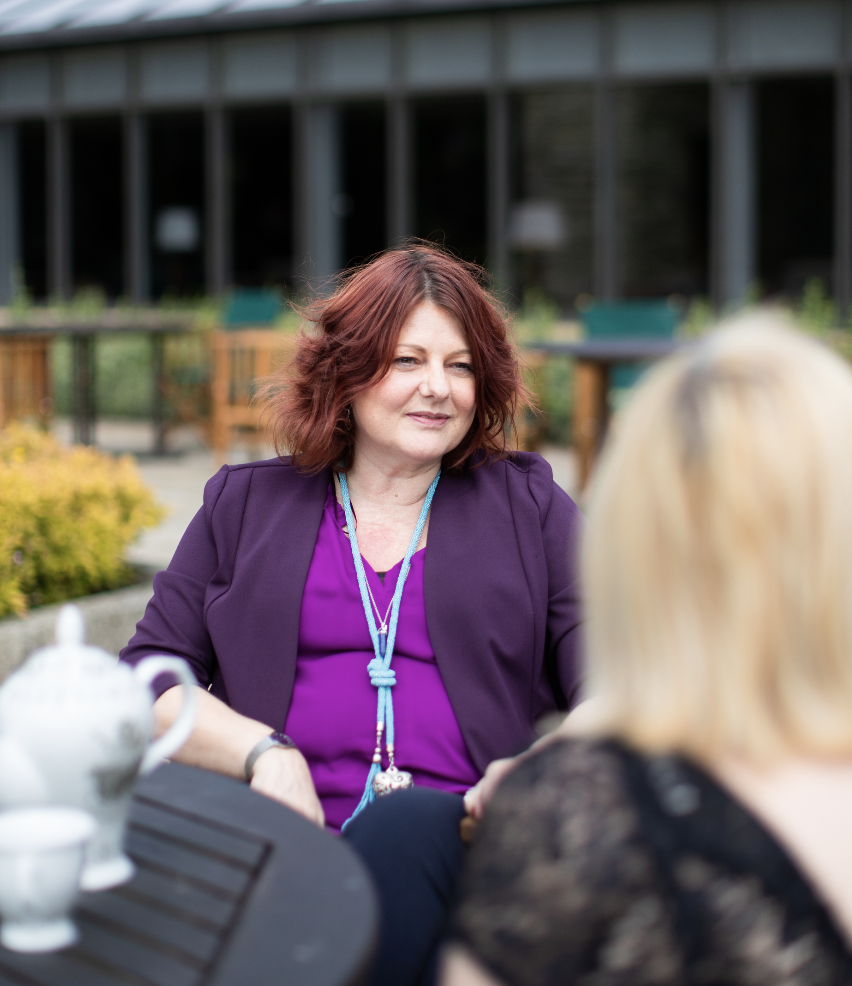EMDR for Children
Working with Children in Therapy Eye Movement Desensitization & Reprocessing (EMDR)
I have worked with children over the years, having led a children’s crisis service around a decade ago, working across the age range adds variety and skills. Hypnotherapy, and Emotional Freedom Technique tend to work very well with children, partly because their brains are not yet fully developed and this means that they tend to process through difficult things at speed, when in treatment and partly because they tend to be more open to creative ways of working, and ask fewer questions.
EMDR is a therapeutic technique that can work very effectively with children of all ages. EMDR can allow children to be in a position to deal with; witnessing and experiencing physical, emotional abuse and sexual abuse, accidents, bereavement, being separated from parents in hospital, or the admission/ trauma of health problems themselves, reactions to parental separations and divorces, problems related to low self-esteem, anxieties and fears and problems with being teased and bullied.
Although EMDR was developed to work with adults who had experienced severe trauma and had PTSD symptoms, it can be adapted to work very effectively with children for a variety of issues.
EMDR for Children: Key Considerations for Successful Treatment
As with adults the things that are useful in terms of delivering successful treatment include:
• The therapeutic relationship, I will ensure your child felt safe to undergo the processing
• You need to understand what the work will entail, that at times things might get a little worse before they get better and that stopping treatment suddenly is not helpful and can be dangerous. EMDR is a process of 8 phases of treatment.
• Using the narrative technique, parents will be encouraged, particularly for younger children, to collaborate in developing the child’s story.
• Sometimes I will help your child symbolically represent their story, before undertaking the processing.
• Your child will learn to understand that uncomfortable feelings can be released.
• I will work at your child’s pace, encouraging taking a break when needed.
For some children EMDR is able to bring about the improvements in a small amount of sessions. For other children with more complex problems, EMDR may be conducted over a longer period of time which includes installing positive resources as well as working at traumatic experiences.
Click here if you are interested in EDMR for adults

